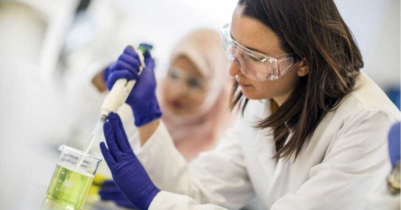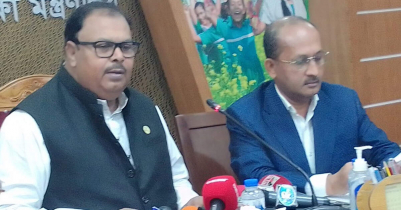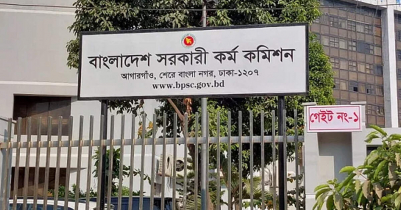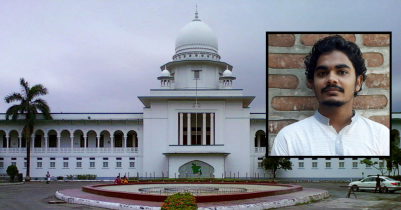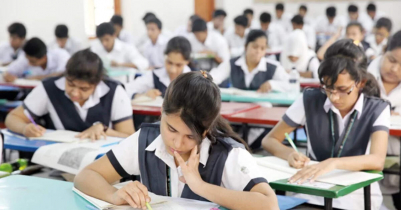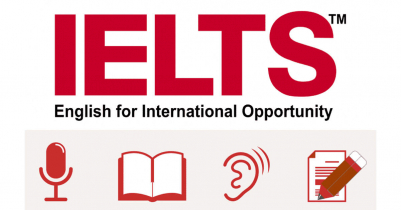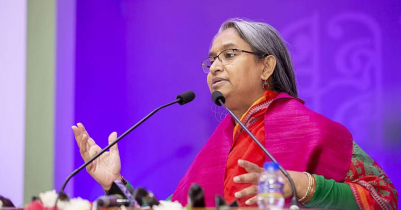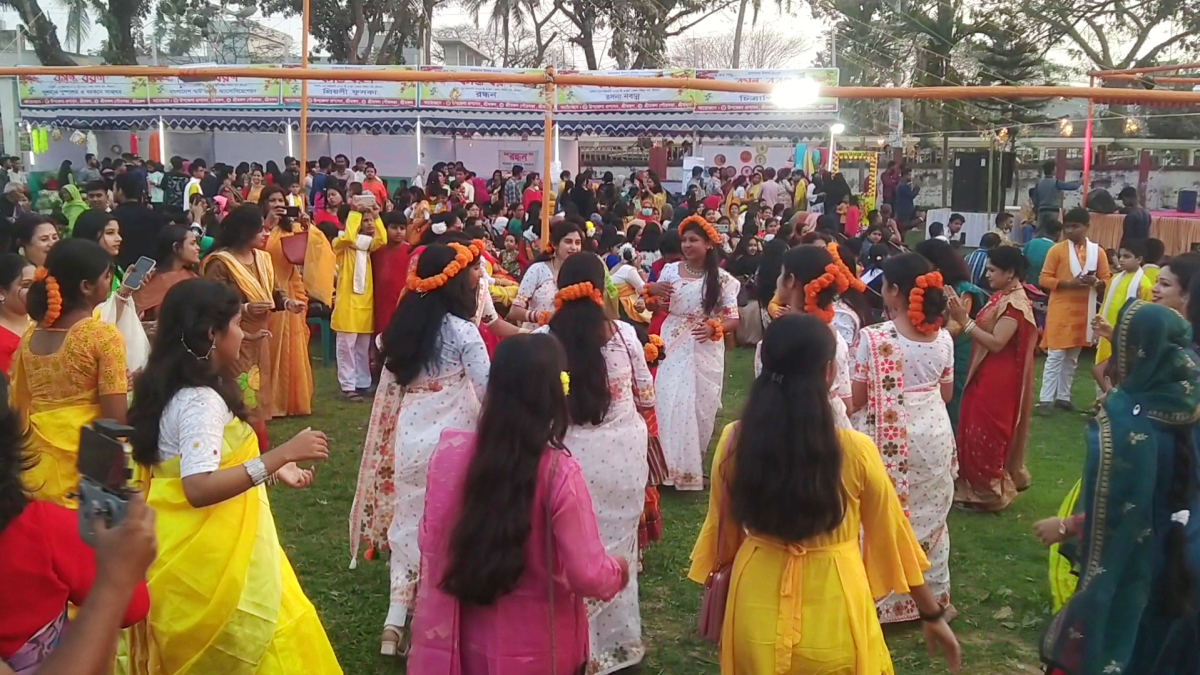Ahammad Ali Riad
Update: 21:47, 27 September 2023
Lifelong Learning of our Children
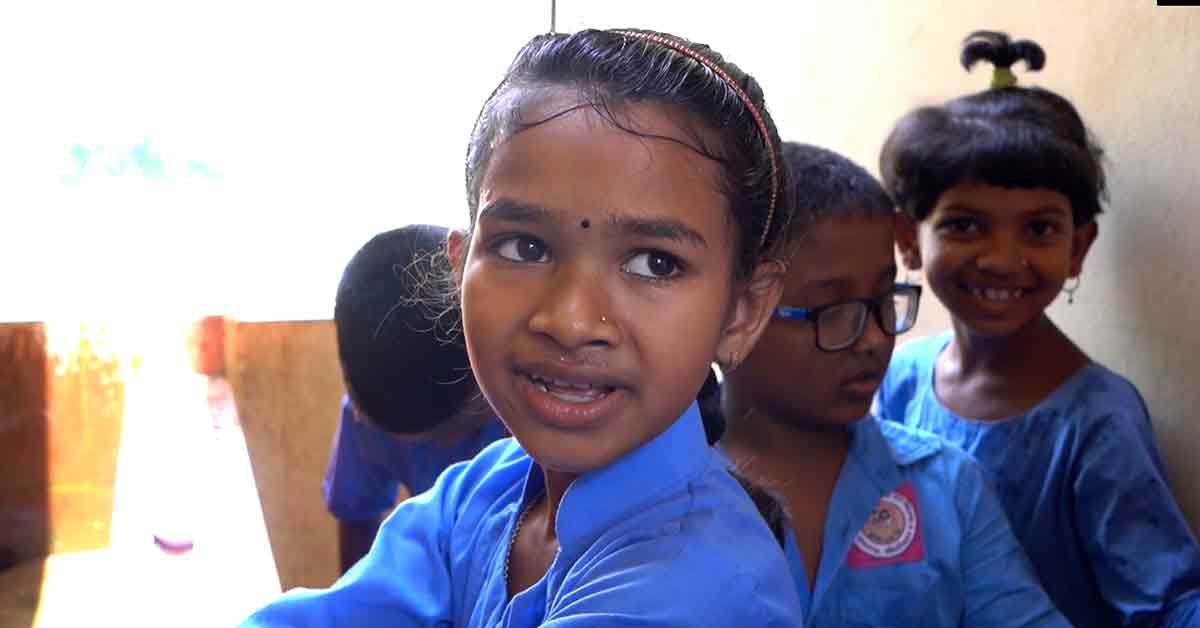
primary school students
When we talk about lifelong learning, the image of a primary school often comes to mind, deeply ingrained in our perception. We must ignite the torch of lifelong learning in the minds and hearts of every new child.
Our children will become the social, creative, and innovative global citizens of tomorrow. All of this is fundamentally rooted in primary education where we must ensure their safe entrance and life-long learning outcomes for all.
in more student-focused schools, there is a significant shortage of teachers, making it extremely challenging to maintain the class schedule. Without a structured and thorough solution to this situation, achieving quality primary education becomes difficult.
But there are various challenges in implementing inclusive and equitable quality primary education and lifelong learning outcomes for all in Bangladesh.
Currently, Bangladesh has more than 65,000 government primary schools. In primary schools across the entire country, there are approximately more than three hundred thousand teachers are employed. Although there is a significant number of personnel working in primary education in Bangladesh, it is still not sufficient to ensure quality primary education for all.
Those directly involved in the implementation of primary education at the grassroots level are divided into two categories for effective management.
One type is school centered, while the other is directly organized by various offices, such as upazila, district, or divisional education offices. To implement a comprehensive and quality-oriented primary education, role of grassroots-level is desirable in any country.
However, both of the above-mentioned structures at the grassroots level often face challenges in terms of having a sufficient workforce, which is a significant obstacle to achieving quality and inclusive primary education.
Primary schools in Bangladesh are currently operated with two types of shifts, namely, a single shift and double shift. Generally, schools with more infrastructure, classrooms, and teachers are suitable for single-shift operation. In single-shift schools, students generally have longer hours of teaching-learning activities compared to double-shift schools.
As a result, there is a higher likelihood of students achieving better learning outcomes due to the extended pedagogical hours in single-shift schools.
However, due to certain problems, in many cases, the authorities or schools cannot convert double-shift schools into single-shift schools. Some schools may have fewer students and sufficient teachers, but there are not enough classrooms for single-shift teaching. Conversely, there may be adequate infrastructure facilities in some schools, but there is a shortage of teachers, making it challenging to implement double-shift schools as single-shift.
This duality poses a significant challenge to the implementation of quality primary education.
In our country, many primary schools have more teachers than students in comparison.
On the other hand, in more student-focused schools, there is a significant shortage of teachers, making it extremely challenging to maintain the class schedule. Without a structured and thorough solution to this situation, achieving quality primary education becomes difficult.
The hope is that currently, the government is investing significantly in the construction of new primary schools and the recruitment of new teachers. We believe that in the near future, there will be a substantial improvement in infrastructure and the teacher shortage in primary education.
Consequences of the above step, without proper alignment of school-based teacher's post at upazila level, merely providing infrastructure and recruiting new teachers will not lead to the promotion of quality education.
At the field level, especially in district and upazila offices, there is often a shortage of personnel. In upazila, the number of cluster management officers is much less compared to the number of clusters. As a result, one assistant education officer has to manage several clusters, which can be quite challenging. There is also a lack of additional incentives for this. Furthermore, career advancement is sluggish. Despite facing numerous challenges, these education officers have to juggle many tasks with a smile to ensure the successful implementation of quality education.
The shortage of personnel is indeed another challenge, even in clerical positions within these offices, which adds another challenge in primary education.
Furthermore, in many cases, there are significant flaws in the construction of school infrastructure. It's observed that shortly after construction of new building, roofs start leaking, and walls crack and plaster falls off, among other issues. Despite strict supervision of field level officials during construction, the learning environment in these buildings often doesn't provide conducive conditions for education due to lack of severe irresponsibility of construction personnel. This issue often leads to internal conflicts among local contractors and field-level officials. Sometime teachers are also harassed by them. As a result, in many primary schools, building and washroom construction errors often undermine the quality of the learning environment.
In target 4.a of Sustainable Development goals-4(SDGs-4), states that "Build and upgrade education facilities that are child, disability and gender sensitive and provide safe, non-violent, inclusive and effective learning environments for all".
Every child will have access to safe and suitable education, that's a commitment we all share.
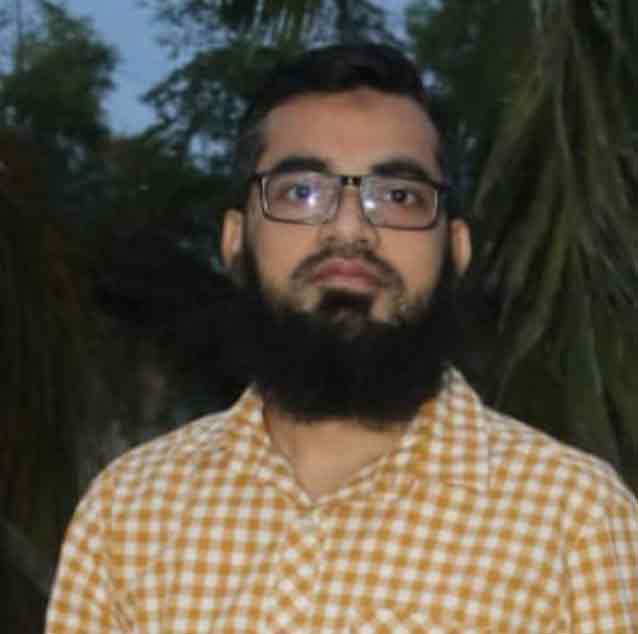
Ahammad Ali Riad, Assistant upazila education officer, Moulvibazar Sadar, Moulvibazar.
- SSC Exam Result 2023 with marksheet
- Opportunity to study for free at Oxford
- GST Admission : C Unit result published
- Prof Abul Anam Md. Riaz appointed new principal of MC College
- Lifelong Learning of our Children
- Admission to eight private universities ban
- Professor Amina Parveen new SUST treasurer
- HSC Exam Routine 2023
- SUST Eid vacation starts from today
- Mobile game-app and job festival held in SUST



